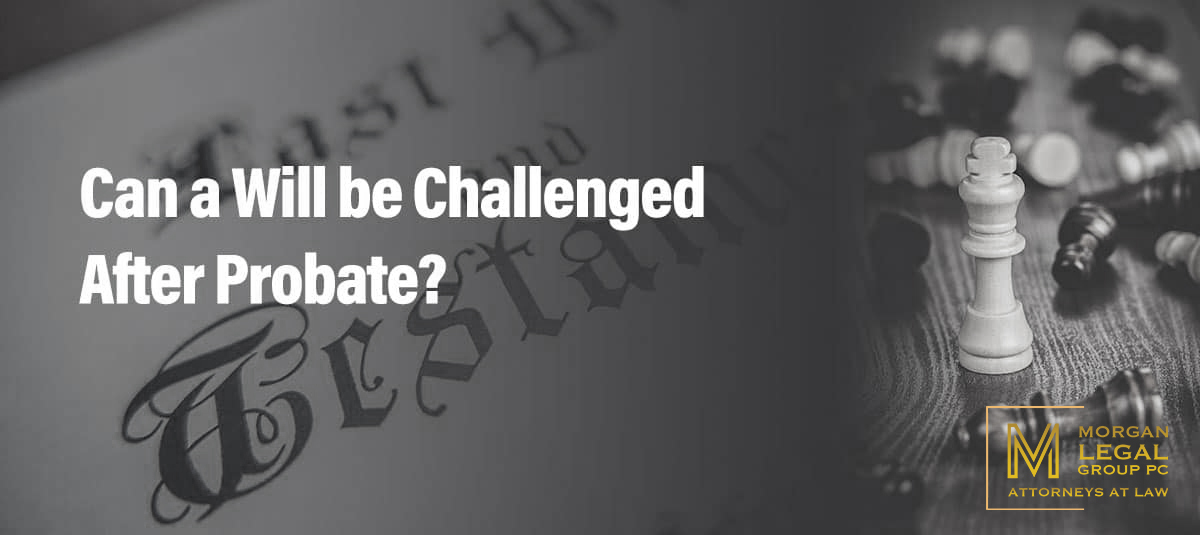Author: AlexFit
Estate planning is one of the most confounding topics of debate. Some people often form several misconceptions and do not realize what they want. For instance, one may need financial planning instead of estate planning, whereas others may wish to have an estate plan but do financial planning. Some people also think they are too rich or poor to indulge in estate planning. You must realize that estate planning is fundamental to a comprehensive financial plan. In this article, an estate planning lawyer near me 11565 will break down four commonly known estate planning myths.
Estate planning should be a part of your entire life’s financial plans. It is about defining your life’s journey such that you live your legacy. You can ensure that the people or the loved ones who depend on your income stay protected once you are gone or become medically incapable. It also means communicating your wishes and decisions in such cases so that someone can make them on your behalf once you are under long-term medical care. Estate planning can help you define who can make crucial healthcare or legal decisions on your behalf. Let us look at the four common myths surrounding estate planning.
Myth 1:- You Need to Have Deep Pockets to Hire Estate Planning Lawyer
More often than not, people believe that only high-class wealthy people can benefit from estate planning, which could not be further from the truth. An estate planning lawyer, tells us that estate planning can help everyone with an estate, regardless of size or worth. If you are the property owner and must provide for your loved ones under your care, you need an estate plan.
Assets such as a car, home, stocks, investments, bank accounts, and others all fall under properties. So your age, marital status, property, or wealth size does not matter during estate planning. It is even more crucial if you want to protect the best interests of your family and friends. You can accomplish the following goals with proper estate planning:-
- Ability to avoid probate ( a process that determines the validity of your will)
- Name your heirs( family members, organization, friends, loved ones) to whom you wish to provide your estate upon death.
- Protect the interests of your loved ones and leave your legacy behind for them.
- It gives you the ability to manage your tax exposure.
- Naming the executor of your will
- Provides the ability to convey your preferences or wishes, such as funeral preceding, health care decisions, etc.
Myth 2:- Estate Planning is Only About Naming Your Heirs and Distributing Your Assets
Aside from naming your heirs, forming a will, and distributing your heirs, estate planning also incorporates legacy planning and planning for unexpected events. A person’s legacy is unique to their family. It goes beyond monetary transfers such as planning goals, charities, etc. You also pass the fundamental values, practices, experiences, knowledge, memories, and more to your family. Planning for uncertainties is also under estate planning, such as naming a guardian for your minor child or children who can decide on your behalf once you are incapable.
Myth 3:- A Will can Ensure and Oversee the Asset Distribution.
A will is a document that helps you legally transfer your assets to your loved ones upon your death. You have to name an executor who will be in charge of executing the will. Your loved ones must go through the probate process to complete the will correctly. Although, some assets such as insurance, retirement funds, and pay on death may not be listed correctly in your choice. So it may create complications for your loved ones during the probate process. Consult an estate planning lawyer to plan other legal documents to protect your family’s interests
Myth 4:- An Estate Plan in Place Doesn’t Need to be Revised Over Time.
People often think an estate plan does not need to be revised once finalized. It is one of the most misunderstandings that people need to be clear of. For example, suppose a person gets a divorce after he has placed an estate plan in place. Now they may have listed their spouse as a beneficiary. So after the divorce, renaming their beneficiary to a family member they would like to transfer the designation is crucial.



